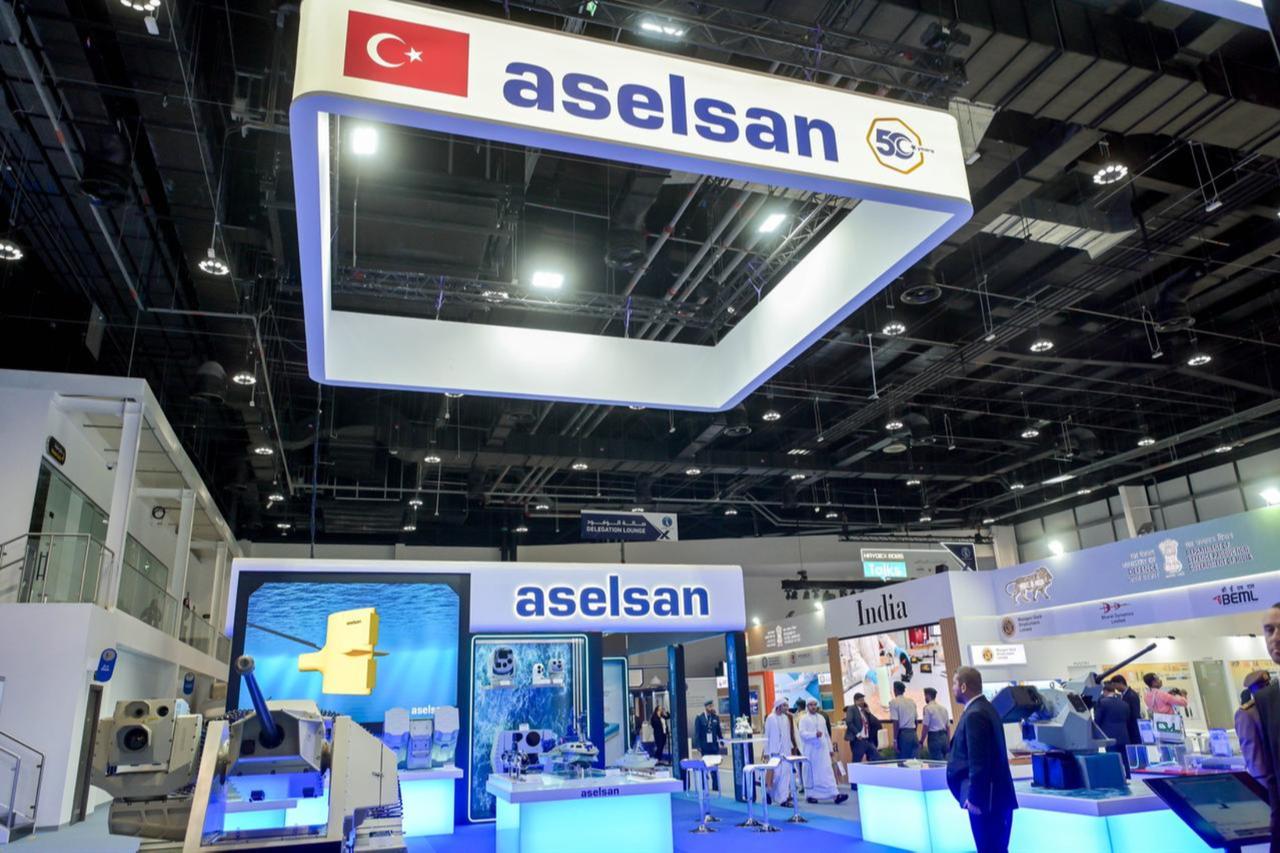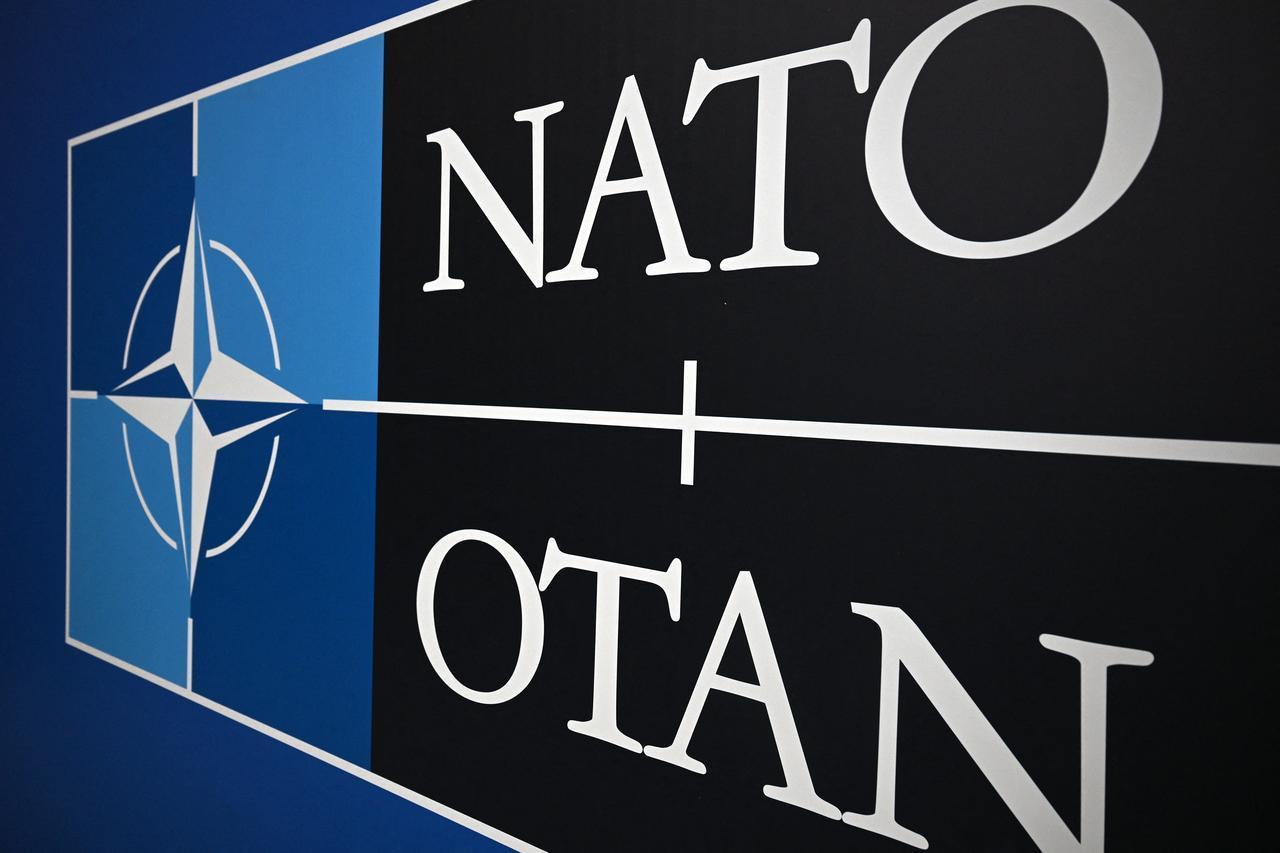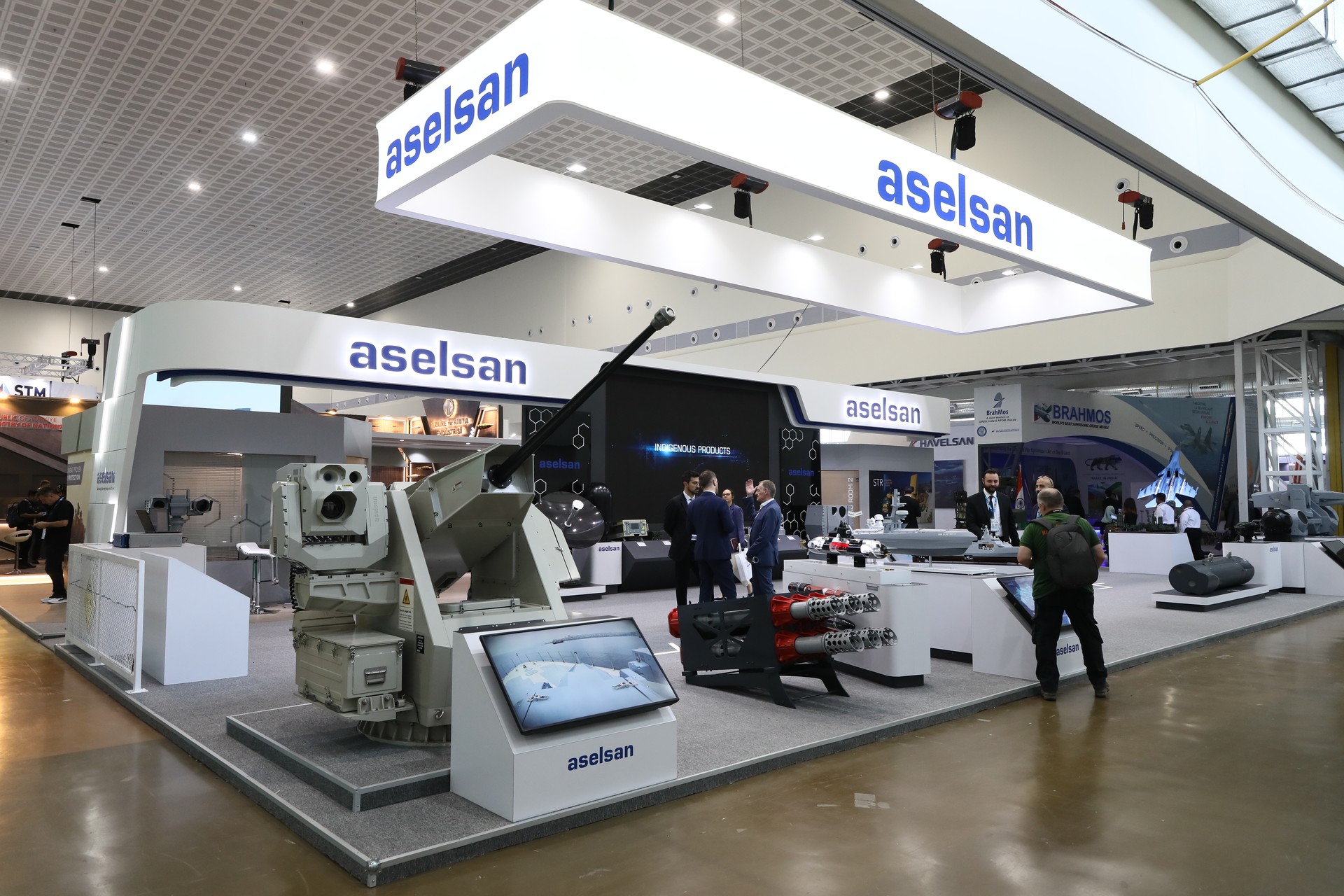
Global defense and aerospace companies recorded substantial stock gains in the first half of 2025, buoyed by increased security concerns, NATO’s new defense spending targets, and deepening cooperation between Türkiye and European countries.
Among the standout performers were Türkiye-based Aselsan and Papilon Savunma, with respective gains of 100.8% and 138.6%.
This surge comes amid widespread military investment decisions by European nations following rising threats since the Russia–Ukraine war and strained transatlantic defense ties under President Donald Trump’s renewed administration.
The NATO Summit saw leaders from 32 member states commit to raising defense spending to 5% of their gross domestic product (GDP) by 2035. The official communique cited long-term threats from Russia and terrorism as primary motivators, stating:
"Allies commit to allocating 5% of GDP toward defense and security expenditures by 2035, including a minimum of 3.5% for core defense capabilities and NATO capability goals."
This announcement triggered a rally across global stock markets, with defense contractors in Europe, the U.S., and Asia benefiting from investor optimism.

Türkiye’s Aselsan emerged as one of the top global performers. With a 100.8% increase in its stock price in first half 2025, Aselsan also became the most valuable company on Borsa Istanbul’s BIST 100 index.
The company continues to expand its export markets and recently signed a $71.9 million contract with the Presidency of Defense Industries for next-generation network-based military communication systems.
Papilon Savunma’s shares rose 138.6%, reflecting heightened investor confidence in local defense firms amid Türkiye’s growing role in European defense architecture.
In contrast, other local firms posted mixed results: Altinay Savunma (-0.4%), SDT Space & Defense (-15.2%), Otokar (-15.4%), and Onur High Technology (-20.6%) saw declines.

The strongest international performer was Germany’s Rheinmetall, gaining 183.4%, followed by South Korea’s Hanwha Aerospace (+159.7%) and Sweden’s Saab (+125.8%).
Other key performers include:
U.S.-based companies showed moderate growth:
Lockheed Martin posted a rare decline of 4.7% in the same period.
The realignment of U.S. foreign policy under President Donald Trump has added uncertainty in Europe, where defense and security strategies are rapidly evolving.
The decision to exclude the EU from U.S.–Russia–Ukraine negotiations and a visible cooling in U.S.–Ukraine relations, including the temporary suspension of military aid to Kyiv, pushed European nations to accelerate defense spending plans.
In the Middle East, Trump’s May visits to Saudi Arabia, Qatar, and the UAE resulted in over $3 trillion in investment and arms agreements, including what was described as "the largest arms deal in history" with Saudi Arabia valued at $142 billion. These deals have further bolstered the performance of U.S. defense firms.
Meanwhile, escalating tensions between India and Pakistan contributed to rising valuations of defense stocks in Asia.